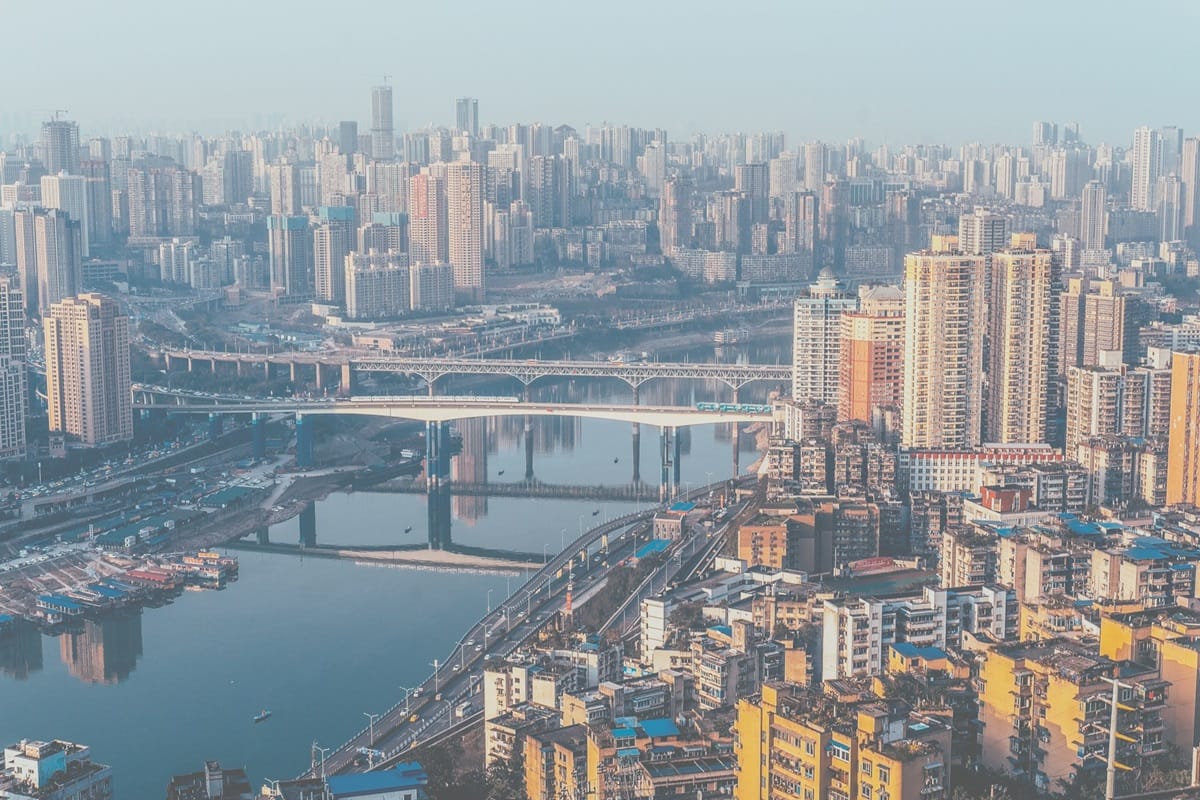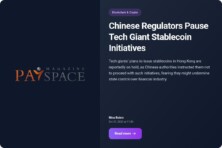Peiqian Liu, Asia economist at Fidelity International, said during a media briefing on Thursday, January 25, that during 2024, China’s economic system will record a gradual improvement in the state of affairs, which will be stimulated by factors such as production and consumption.

The mentioned expert separately noted that local government financing and the situation in the real estate sector will not become a driving force for positive changes. Peiqian Liu stated that the spheres of tourism, entertainment, and culture in China are currently demonstrating a high level of consumer spending which is evidence that the emerging middle class is improving its material well-being. The expert admitted the possibility that intensive circulation of finances in the specified sectors would become one of the factors of overall economic growth. She noted that in-touch services consumption increased significantly in 2023 amid a recovery in consumer interest in traditional and durable goods.
Peiqian Liu says there is a moderate slowdown in fixed asset investment in China. She noted that the crisis in the real estate sector is a factor in slowing down the economic growth of the Asian country. The expert stated that a significant driving force of the Chinese economy is the manufacturing industry. Peiqian Liu noted that this circumstance is a competitive advantage for Beijing.
The expert says that as the world’s second-largest economy directs political support toward high-quality growth, China’s automotive industry will become the main beneficiary. In this context, she drew attention to the fact that the mentioned manufacturing sector showed exponential growth during the coronavirus pandemic. Over the past year, China has overtaken Japan as one of the world’s largest car exporters.
Currently, Beijing provides significant support to such directions of activity as so-called green investments, technology, innovation, and the digital economy. Against the background of government assistance measures, the specified areas are gradually strengthening their status as an important force in the structure of economic growth factors in China. At the same time, the size of individual markets associated with the mentioned spheres of activity is still limited.
Peiqian Liu is convinced that in 2024 consumption will become the main engine of China’s economic growth, which will be able to compensate for the impact of the negative factor associated with weak external demand for products manufactured by companies from the Asian country. The expert noted that Beijing’s export activities in the current year may face difficulties since the risks of a recession in developed markets nowadays remain. She also clarified that domestic demand will be able to partially compensate for the negative factor of problems related to the supply of Chinese goods to other countries.
In 2023, China’s economy showed growth of 5.2%. This result exceeded the official target of 5%. Consumption has become the main driver of China’s economic growth. The crisis in the real estate sector in 2023 has become a factor in slowing down the pace of development of the Asian country’s economic system.
Peiqian Liu says that to continue the recovery of consumption in China, measures should be taken to improve the situation in the sphere of employment and increase wages.
Another sign that the steady growth of the Asian economy is based on consumption is the increase in the number of high-income households. The corresponding trend continues. This fact means that consumption volumes in China will expand.
Beijing is currently engaged in a structural adjustment of its growth strategy. At the same time, the situation in the real estate sector continues to be a sensitive issue. Peiqian Liu believes that the downturn in the mentioned area will not become a barrier to economic growth, which will be supported by high production rates and similar dynamic consumption. Besides, the expert assumes that the worst times in the real estate sector are behind. She also noted the presence of actions of the Chinese authorities to stabilize the situation in this area.
At the same time, some experts believe that Beijing should take more large-scale and effective measures to ensure economic growth, arguing that current solutions are not sufficient. For example, Alicia Garcia Herrero, a chief Asia-Pacific economist at Natixis SA, talks about the need for new incentives. Beijing is currently not seeking large-scale solutions, motivating this position by unwillingness to accumulate debt.
As we have reported earlier, China’s $6 Trillion Stock Wipeout Signals Deeper Problems for Xi Jinping.









